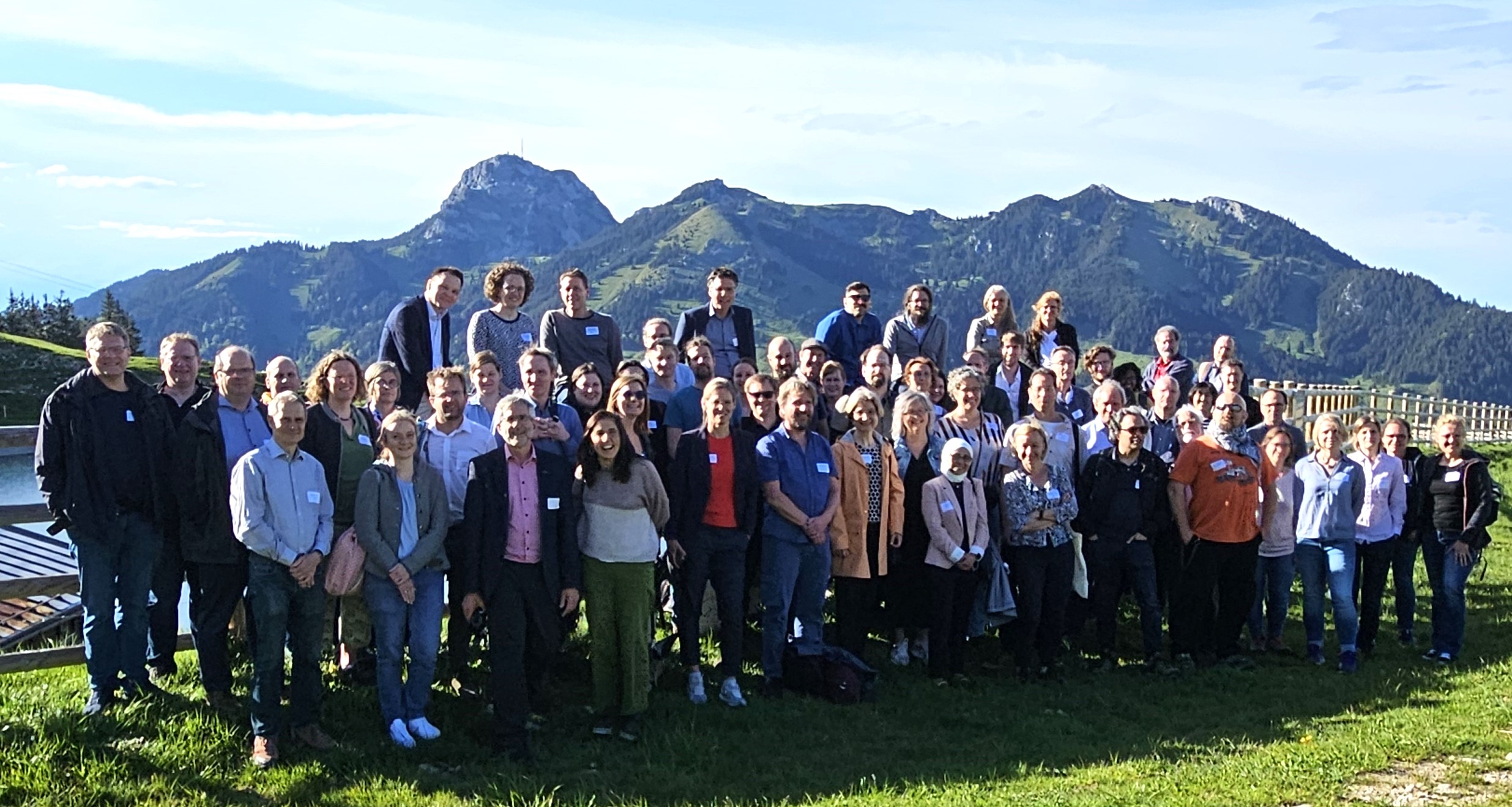Proceedings and videos of keynotes The conference proceedings and recorded keynote videos from the 12th…
Esther Matemba, Curtin University, Australia

When conducting my PhD research on Globalisation of engineering education in Sub-Saharan Africa (Matemba 2020), I argued that the existing discourse on developing global engineers was leaning more towards the Global North perception of engineering education (Full PhD text available here). While the literature contains a few contributions from Africa, it does not speak from the actual situation of engineering education that exists in most African countries. In the PhD I explained how the discourse does not reflect the reality of the Sub-Saharan African context and aimed to contribute to the discussion of globalisation from an African perspective. In this editorial I would like to bring attention to the importance of considering context in researching globalisation of engineering education drawing from what I learnt from the PhD research.
Globalisation of engineering education refers to developing engineers with global working skills, those who can work with people who define problems differently (Downey et al., 2006). Further, in engineering education literature, the concept refers to the necessity to train engineers with skills and attributes to succeed in this complex engineering working environment that traverses borders and cultures. However, there is bias towards a Global North perspective in the literature which has been pointed out by authors such as Bourn (2018) Ibrahim & Cockrum (1993) and Johnston (2001). Bourn (2018), for example, urged the international engineering education community of practice to challenge the ‘dominant neo-liberal notions of the linkages between globalisation and education’ (p. 559) and to ensure that a wider international perspective is included.
I believe that the main problem with the globalisation of engineering studies is their lack of consideration of the contexts in which engineering education is practiced. Considering context may help bring light to the power inequality that causes the marginalisation of some perspectives in the wider global engineering discussions. In the PhD thesis, I used Pierre Bourdieu’s theory of practice (Bourdieu 1977) to explain how the existing structure of global engineering education facilitates the reproduction of inequality between the Global North and the Global South. The contextual circumstances facing Sub-Saharan African agents and institutions such as the education system, accreditation system, economic position of the countriesy, education funding and state of industry, positions the context in a dominated power position in the global field. The position sees this perspective disregarded in global discussions about engineering education. Bringing this imbalance to light in the wider community will hopefully ensure that all perspectives are included.
Another reason why the consideration of context is important is related to creating solutions that will be appropriate for a particular context of engineering education. For instance, globalisation studies and activities push for reforms in engineering education towards outcome-based education, competence-based accreditation, and student-centred pedagogy. When the same push is experienced in Africa without taking into account the very constraints the systems face results in initiatives which fail to make significant impact. The deliberation of context through the lens of Bourdieu’s theoretical framework facilitated an understanding of the contextual challenges and opportunities for globalisation of engineering education in Sub Saharan Africa. Bourdieu’s notion of field allowed for the exposure of engineering education imperative for considering contextual factors (social, cultural, educational, and economic) that influence engineering education practice. The context of Sub-Saharan Africa offers different challenges and opportunities for adapting globalisation of engineering from that of mainstream discussions.
My recommendation for consideration of context is to re-define what globalisation looks like in the context of engineering education research. This involves starting from a common concept of developing an engineer who can work across countries and cultures, with people who solve problems differently, and devising a more specific and appropriate meaning for context as part of this definition.
References
Bourdieu, P. (1977). Outline of a Theory of Practice (Vol. 16). Cambridge: Cambridge university press.
Bourn, D. (2018). Understanding global skills for 21st century professions. Cham, Switzerland: Palgrave Macmillan.
Downey, G. L., Lucena, J. C., Moskal, B. M., Parkhurst, R., Bigley, T., Hays, C., . . . Nichols‐Belo, A. (2006). The Globally Competent Engineer: Working Effectively with People Who Define Problems Differently. Journal of engineering education, 95(2), 107-122. doi:10.1002/j.2168-9830.2006.tb00883.x
Ibrahim, E., & Cockrum, R. (1993). Engineering education in the era of global markets. Paper presented at the Frontiers in Education Conference (November 6-9). doi:10.1109/FIE.1993.405517
Johnston, S. F. (2001). Towards culturally inclusive global engineering? European Journal of Engineering Education, 26(1), 77-89. doi:10.1080/03433790010008771
Matemba, E. (2020). Globalisation of Engineers: African Professional Engineering Education Perspectives. (Doctor of Philosophy), Curtin University, Retrieved from http://hdl.handle.net/20.500.11937/82165
